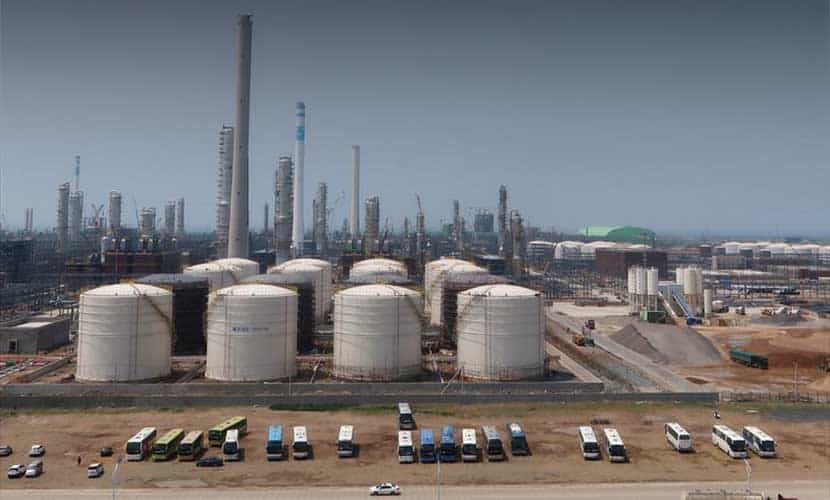Welcome To ChemAnalyst

Hengli Petrochemical Co. Ltd. and Asia’s largest oil and natural gas producer as well as the subsidiary of China’s state-owned CNPC, PetroChina Co. Ltd. get possession of 60% of the total reserve oil offered in the first state auction held on September 24.
A total of 4.43 million barrels of crude oil were sold to these two petrochemical majors in the first phase of the auction conducted by the National Food and Strategic Reserves Administration, which lasted only an hour. PetroChina bought a cargo each of 951,137 barrels of Qatar Marine and 1.1 million barrels of U.K. Forties crude that was priced at USD 65 per barrel. On the other hand, Hengli procured a cargo of 1.79 million barrels of Oman at USD 65 per barrel and another cargo of 592,031 barrels of Upper Zakum crude at a price of USD 70.50 per barrel. However, no bids were received for the sale of 2.95 million barrels of Murban crude, which is the largest chunk of the offered reserves.
Crude oil is an unrefined petroleum product that is obtained from reservoirs deep down the earth’s crust. Crude oil fortifies the very foundation of modern living due to its myriad applications in our day-to-day lives. It provides - fuel to the automobile sector, energy for electricity generation that supports all the household and industrial operations, and raw materials for the manufacture of industrially important petrochemical products.
As reported earlier, China had announced the public auction of state oil reserves earlier this month following the 13-year record surge in the domestic crude oil prices that had affected many businesses and plant operations.
As per ChemAnalyst database, crude oil consumption in China reached over 14 million barrels in 2020. China being the largest importer of crude oil saw a rise of 8% in its imports last month amid the tight crude oil supplies and surging demand after recovering from the COVID19 impact. The release of the first batch of crude oil reserves may ease the rising supply pressure in the downstream sectors. However, no significant effect will be observed in the global crude oil prices. The high dependence of China on oil imports could also lessen the expected long-term relief in domestic crude oil prices.
We use cookies to deliver the best possible experience on our website. To learn more, visit our Privacy Policy. By continuing to use this site or by closing this box, you consent to our use of cookies. More info.
